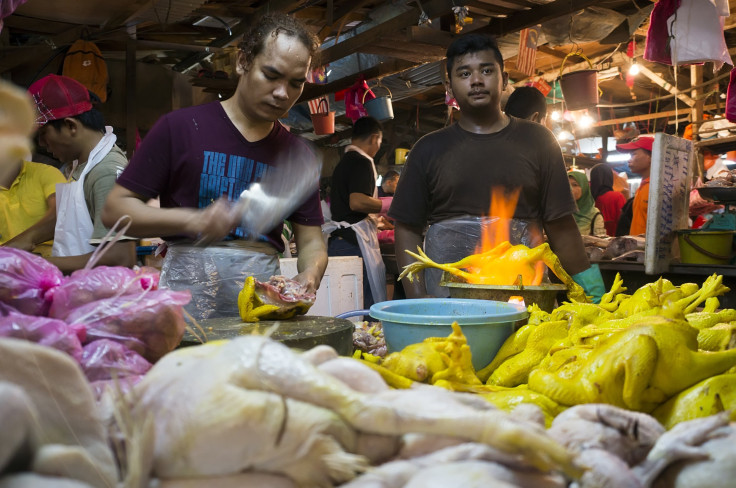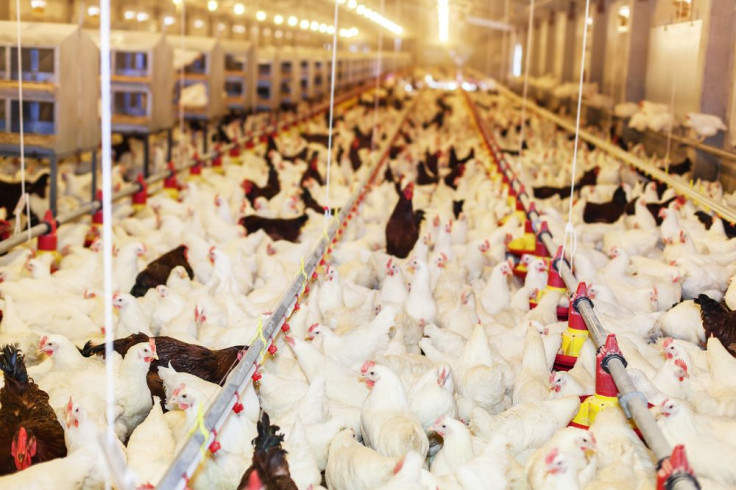Organic Chicken: Why It’s The Healthier Option

Organic chicken is expensive. Most everyone knows that.
And that's because these broilers eat expensive organic (but nutritious) feed and thrive in more sanitary living conditions where they don’t wallow in their own poop compared to factory chickens. They're also raised without antibiotics.
The organic method of poultry farming also restricts certain additives and requires chicken to be two square meters before slaughter. It takes some 12 weeks to attain this target.
But the feed's the important thing and much of these vitamin packed feeds are improted because the United States can't still produce enough to meet the massive demand.
All of these expensive precautions should make for more healthier and disease free (like from salmonella, for example) broilers, right?
The correct answer is "Right!"
The U.S. is the world's top producer of organic chickens. It's also the world's Number One producer of chickens with 18.3 million metric tons in 2018. Brazil and China are next in line.
A new study reveals chickens raised without antibiotics (such as organic birds) might have fewer types of antibiotic-resistant salmonella than those raised on factory farms.
Salmonella is probably the most common infection among poultry. This fact forces some large poultry farms to feed antibiotics to their chickens to prevent the birds from getting sick and dying.
Antibiotics also help broilers gain weight faster.
This misuse and abuse of this practice, however, is making salmonella more resistant to the antibiotics, leading to the growing problem of antimicrobial resistance or AMR. One clinical study found almost one-third of meat and poultry it examined were contaminated with antibiotic-resistant forms of salmonella.
Hence, the importance of organic chickens, which appear more resistant to salmonella infections because they're antibiotic-free.
"Chicken and poultry meat samples that were labeled antibiotic-free or organic were half as likely to contain multidrug-resistant salmonella as conventionally raised poultry," said researcher Nkuchia M'ikanatha. He's the lead epidemiologist for antimicrobial resistance response at the Pennsylvania Department of Health in Harrisburg.
To mitigate the spread of AMR, doctors should first run tests to determine whether the salmonella bacteria causing the illness is susceptible to the drugs they intend to use. It's only then that doctors should decide antibiotics are needed to treat salmonella.

Published by Medicaldaily.com



























